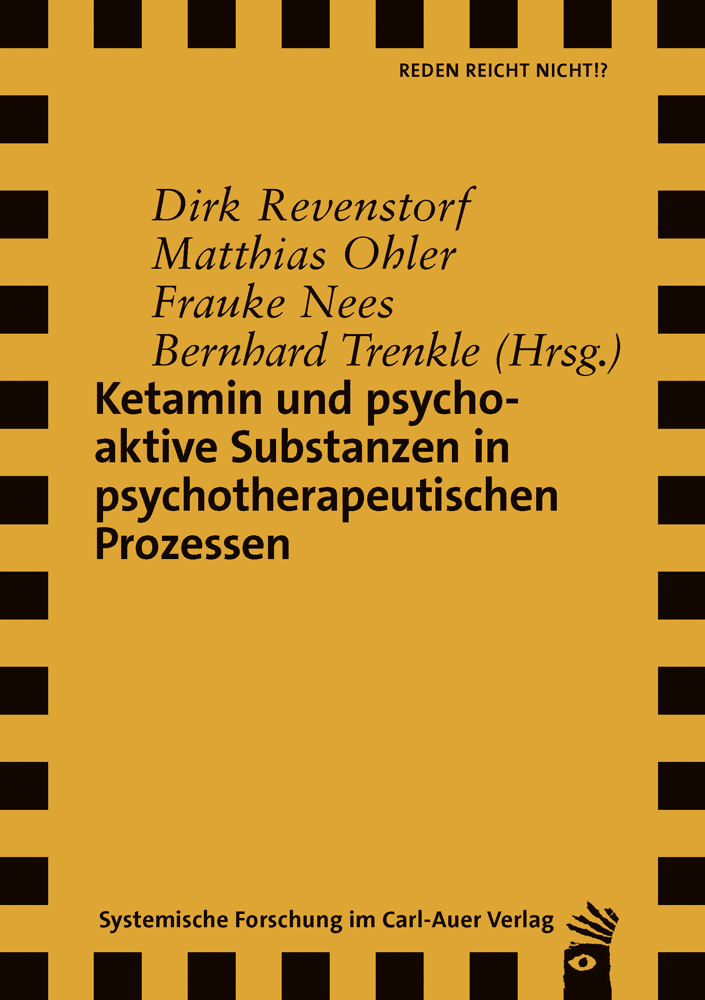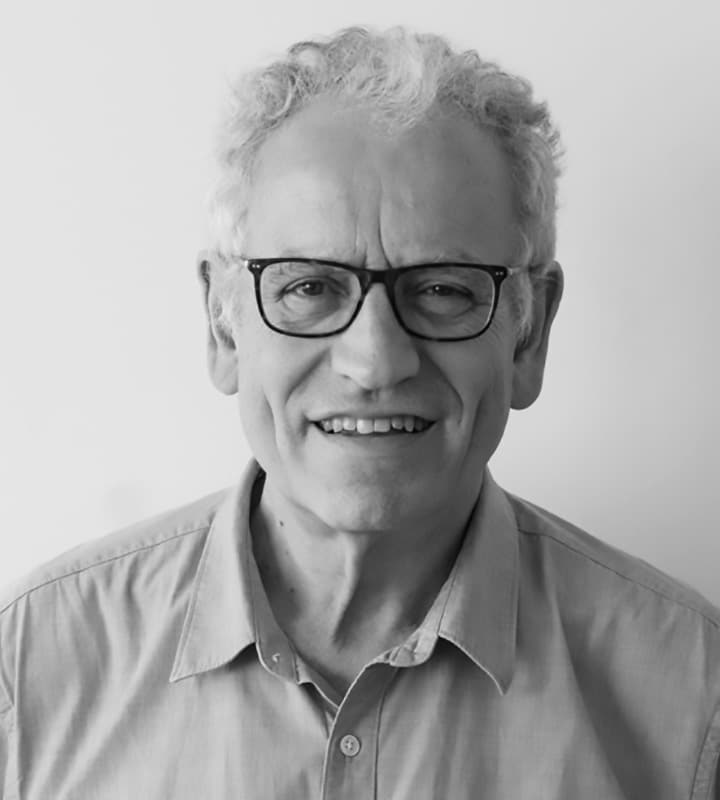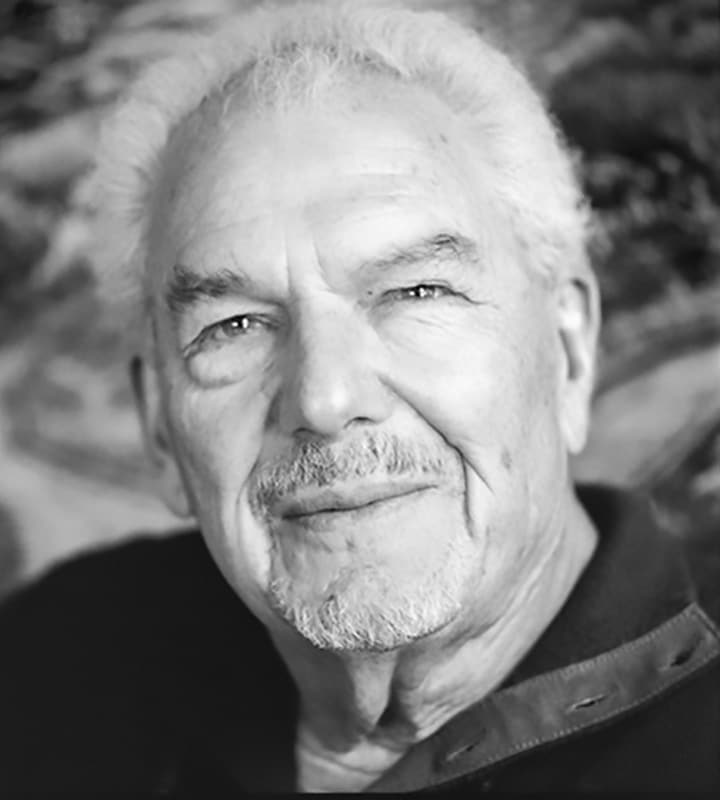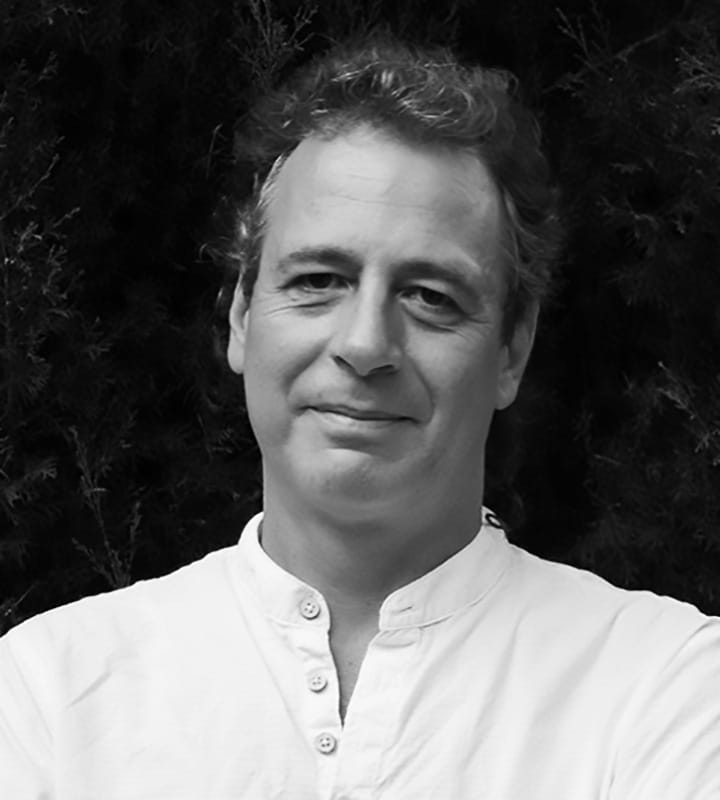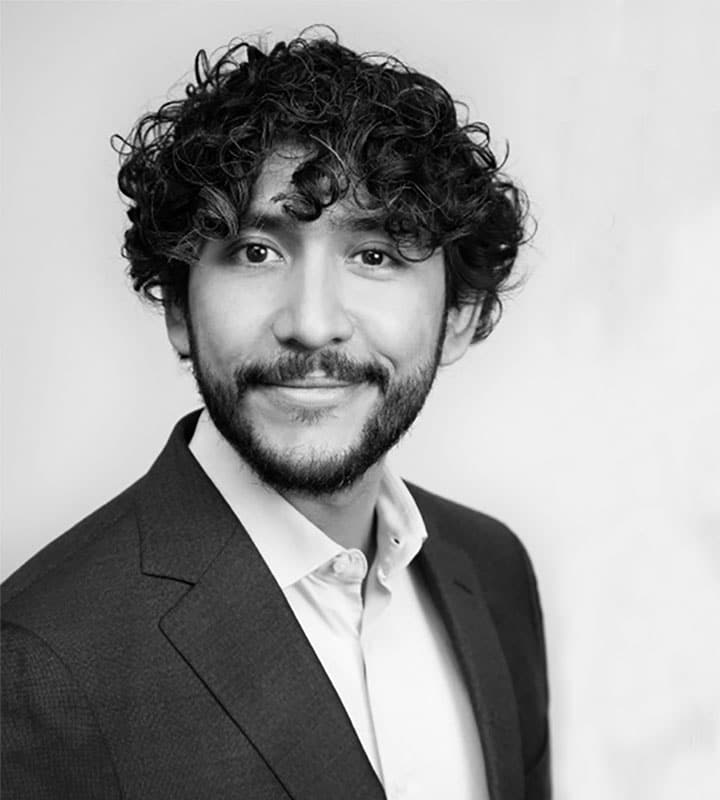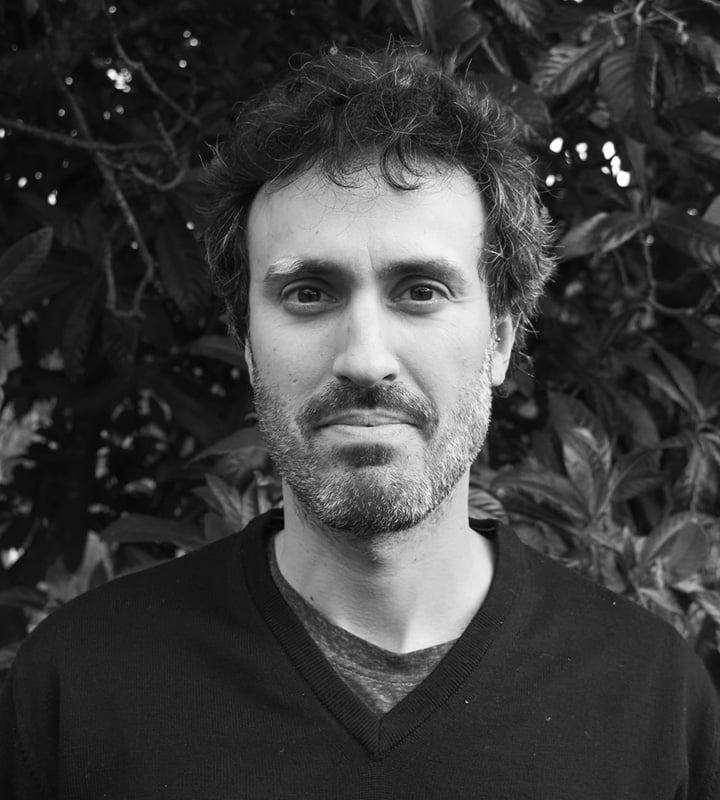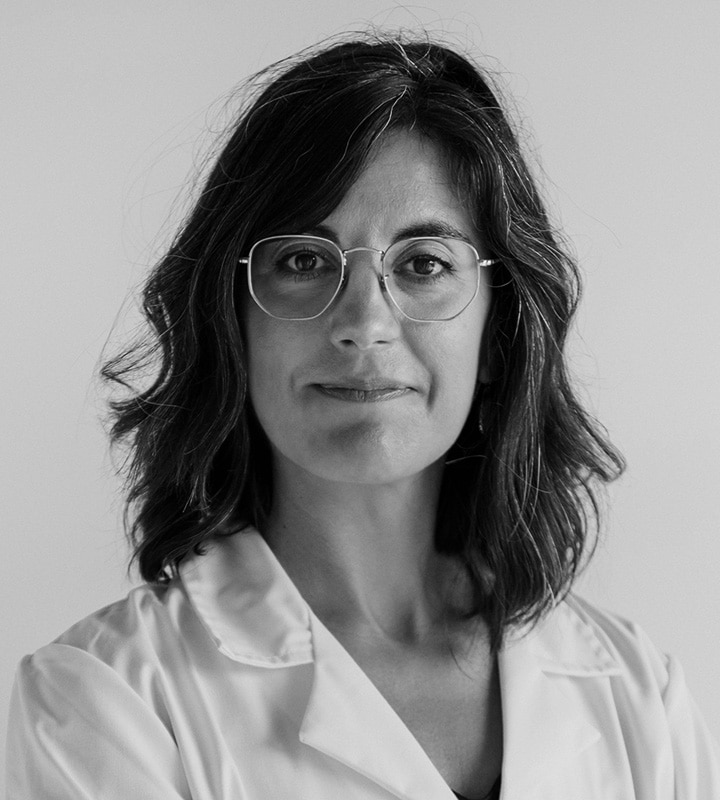Seminar Ketamine assisted Psychotherapy KAP
– Ketamine, Psychology, low dose group experience –
03. – 07. June 2024, Barcelona
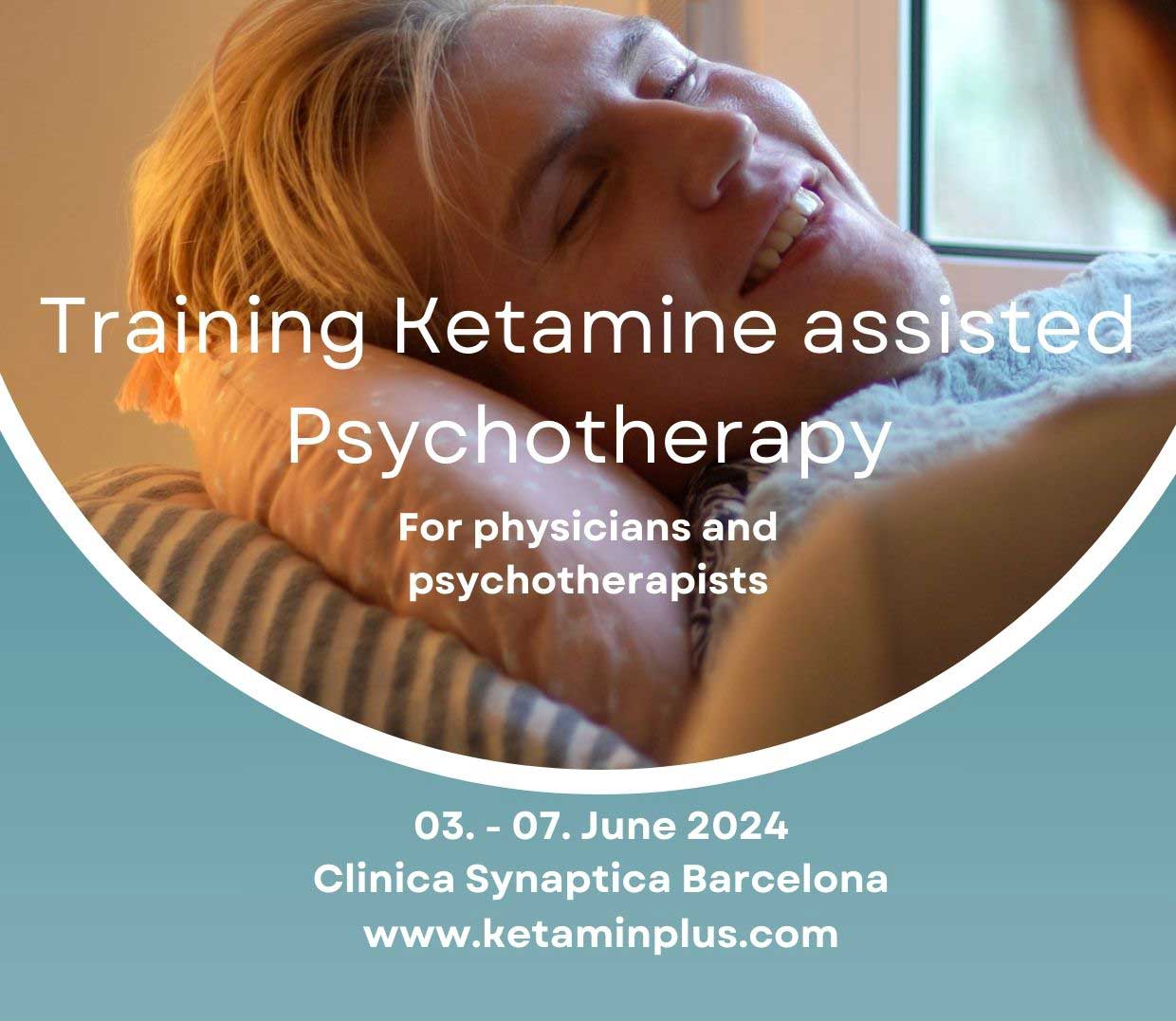
The Ketamine Assisted Psychotherapy (KAP) training for doctors and psychotherapists will take place from 03.06.2024 – 07.06.2024 at the Hotel H10 Casanova in Barcelona. The seminar is organized by Instituto Dr. Scheib together with the Clinica Synaptica in Barcelona.
Ketamin assisted Psychotherapy integrates different psychotherapeutic methods to facilitate new experiences and integrate unprocessed memories.
Our 5-day seminar consists of a theoretical part on ketamine-assisted psychotherapy, and participants will also learn how to conduct a ketamine-assisted psychotherapy session. After our seminar, you will be able to apply our concept of ketamine-assisted psychotherapy yourself.
In recent years, ketamine has been increasingly used to treat severe depressive disorders, anxiety disorders and obsessive-compulsive disorders, as well as (complex) PTSD and addiction disorders. As ketamine promotes neuroplasticity, it is ideally suited for combination with other therapeutic methods.
Our seminar on ketamine-assisted psychotherapy consists of a theoretical and a practical part. In addition to the theoretical background, you will learn the specific procedure and implementation of a ketamine-assisted psychotherapy session. What needs to be clarified in advance (indication and contraindication, off-label, …), how the session is prepared, conducted and followed up.
You will have the opportunity to experience the effect yourself, as well as to slip into the role of a psychotherapist and accompany a session.
Further content of the Ketamine Assisted Psychotherapy course:
- Introduction to ketamine and history of the use of ketamine in psychotherapy
- Paradigms of treatment
- Indication, contraindication, risks and side effects
- Working with altered states of consciousness
- Set and setting
- Guiding principles: Inner healing intelligence, inner-directed approach, healing through direct experience
- Map of consciousness and types of experiences
- Ethical guidelines
- Preparation, session, integration
- Attitude of the therapist,
- Transference, countertransference
- (Complex) PTSD and cognitive and physical processing
- Self-care
- Understand the scientific, clinical, historical and legal context in which ketamine is used.
- Determine the process of patient assessment and preparation for treatment.
- Examine adjunctive psychotherapy and the specifics of ketamine in psychedelic therapy.
- Acquire basic knowledge of assisted therapy with other psychedelics (psilocybin, LSD, MDMA, DMT and others).
- The difference between IV and IM
- How neurofeedback can help through the process
The ketamine training lectures will be held exclusively in English and will not be translated.
The course takes place over 5 days, 7.5h per day.
The conference package (conference room, materials, coffee and lunch) is included in the price.
If you would like to stay overnight at the conference hotel H10 Casanova, please let us know when you register. We will get in touch with you to ask for the booking details.
There are special room rates for participants of our Ketamine-Assisted Psychotherapy seminar
Prices without discount:
Single room 260,-€/night
Double room 270,-€/night
Including breakfast buffet.
Not included: Overnight flat rate of €4.90 per person per night (payable at check-out. 2024 forecast, actual price may vary) .
Once you have submitted your details, the hotel will send you a link for prepayment.
The lectures of the Ketamine Assisted Psychotherapy training will be held exclusively in English and will NOT be translated
5 days of 7.5 hours each.
Total: 53UE
The price for the seminar does not include the practical exercises.
How does KAP work
Training: Ketamine Assisted Psychotherapy
Why ketamine in Psychotherapy?
Ketamine, classified as a dissociative anesthetic, can be used off-label in psychotherapy at lower doses to safely induce non-ordinary states of consciousness in which change is possible to occurs more easily and often in greater depth. It can reduce depressive and anxious states, the stress-tolerance window can increase and patients might find it easier to open up, which allows them to experience themselves in a new and different way. Ketamine Assisted Psychotherapy can lead to more self-compassion, clarity and confidence.
In recent years, ketamine has been increasingly used to treat major depressive disorders, as well as anxiety and obsessive-compulsive disorders, but also (complex) PTSD and addictions. Since ketamine promotes neuroplasticity, it is ideal for combining with different therapeutic methods.
Participating lectureres:
Dr. med Mario Scheib
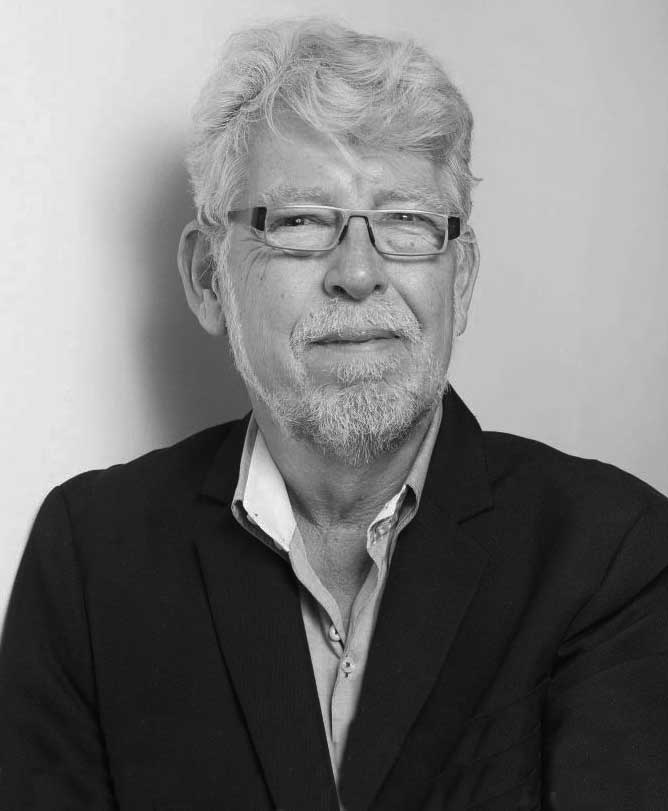
Specialist in psychosomatic medicine and psychotherapy, psychosomatic specialist (International College of Psychosomatic Medicine)
Dr. Scheib began integrating psychosomatic concepts as a general practitioner in his practice in Frankfurt in 1984. 1988 Practice for psychotherapy in Frankfurt am Main and training in psychoanalysis.
He organized and led medical trainings in transcultural psychosomatic and traditional medicine in Sri Lanka and Peru. Scientific work on the South American history of psychoanalysis. He leads Balint groups and teaches relaxation techniques.
Since 1995 he has conducted seminars on psychosomatic primary care with more than 15,000 participating doctors.
Since 2001, he has developed a concept for the multimodal treatment of mood and psychosomatic disorders and addictions. He works with his international team at the Clinica Luz in Palma. He has been incorporating ketamine infusions into this concept since 2015.
Dr. Scheib is a member of the International College of Psychosomatic Medicine, the German Balint Society, the German Society for Biofeedback, the German Society for Medical Hypnosis and Autogenic Training and co-founder of the Hellenic Balint Society.
Prof. Dr. Joan Obiols, MD
Doctor in Medicine, specialist in Psychiatry. Degree in Philosophy and Letters – Cultural Anthropology.
Founder and Medial Director of Clinica Synaptica in Barcelona.
I worked as a professor in the Department of Psychiatry, Faculty of Medicine, University of Barcelona, between 1975 and 2000. I have collaborated as a professor in eleven Spanish and foreign universities. I worked at Hospital Clinic as a senior psychiatrist until 1998 when I was appointed Director of the Mental Health Services of Andorra, from 1998 to 2014.
Professor of Mental Health at the University of Andorra from 1998 to 2020. Secretary of the Section of Transcultural Psychiatry of the World Psychiatric Association from 2005 to 2008.
Chairman of the Board of Trustees of the ICEERS Foundation since 2013. Author of a monograph on schizophrenia, more than twenty book chapters and more than 50 articles in national and foreign journals on various psychiatric topics.
Author of more than 400 communications and posters at national and international conferences. I have a special interest in the study of modified states of consciousness and the therapeutic possibilities of psychedelics.
As a cross-cultural psychiatrist, I had the opportunity in 1992 to do fieldwork in the Ecuadorian Amazon on the use of ayahuasca by Shuar shamans, among other experiences in this field. Member of the international team of Kosmicare volunteers for psychedelic emergency care within the BOOM Festival (2010, 2014 and 2016, Portugal).
Phil Wolfson, MD
Phil Wolfson MD is the creator of a new psychotherapy modality based on use of the medicine ketamine—Ketamine Assisted Psychotherapy (KAP). Phil is the CEO of the non-profit Ketamine Research Foundation and directs the training of KAP practitioners through The Ketamine Training Center—now numbering over 900 practitioners across the US and Internationally. KRF’s Ketamine Psychotherapy Associates membership organization promotes the development of KAP practices and KAP wisdom on an ongoing basis. He is the author of The Ketamine Papers and Noe – A Father/Son Song of Love, Life, Illness and Death. He has been the Principal Investigator of the MAPS.org Phase 2 study of MDMA treatment for individuals with life-threatening illnesses. Dr. Wolfson’s work is the result of an intense, now many decades long clinical psychiatry/psychotherapy practice. He is a Founder of Progressive Therapeutics Inc, an exciting new commercial psychedelic and psychoactive drug development corporation that is allied with his non-profit. The second volume of The Ketamine Papers is being prepared for publication in 2024.
He was featured in a lead article in the New Yorker and in Vanity Fair. KRF’s research and its Indra’s Net Coalition for the healing of trauma are leading the field.
Phil Wolfson is a sixties activist, psychiatrist/psychotherapist, writer, practicing Buddhist and psychonaut who has lived in the Bay Area for 46 years. In the 1980s, he participated in clinical research with MDMA (Ecstasy). He has created 9 patents for unique herbal medicines and ketamine. Phil was a founding member of the Heffter Research Institute. He is a journalist and author of numerous articles on politics, transformation, psychedelics, consciousness and spirit.
He is a graduate of Brandeis University and NYU School of Medicine.
José Carlos Bouso, Ph.D.
Degree in Psychology from the Autonomous University of Madrid and PhD in Pharmacology from the Autonomous University of Barcelona.
I am the scientific director of the ICEERS Foundation, where I coordinate scientific research with cannabis, ibogaine and ayahuasca. I have conducted therapeutic studies with MDMA for the treatment of post-traumatic stress disorder.
Founder and scientific director of Clinica Synaptica in Barcelona.
Author of numerous scientific publications and informative articles. I have published the books: What are synthetic drugs? (RBA-Integral), Ayahuasca and Health (The March Hare Books), Psilocybes (Ultrarradio Editions) and Medicinal Cannabis. From Prohibited Drug to Therapeutic Solution (Amat). I have been studying the therapeutic potential of hallucinogens and their possible clinical applications for two decades.
Sergio Pérez Rosal, M.D.
Sergio Pérez Rosal is a doctor specializing in anesthesia, intensive care, emergencies, psychedelic and cannabis-based medicine. He is the former CEO and co-founder of OVID Clinics, the first psychedelic medicine clinic in Germany. Sergio has served on the board of the MIND Foundation as a medical advisor and training director.
He has been featured in Forbes Magazine, Nomad and a number of conferences for his work and is a well-known thought leader addressing the gap between research and therapy.
He is currently training in cognitive-behavioral psychotherapy and completing a Master’s degree in Neuroscience and Psychology at Kings College London.
During his time as Director of the MIND Academy, he organized public lectures on psychedelic science and led the development of educational programs such as MOLECULES, a comprehensive program for professionals interested in a transdisciplinary approach to psychedelic substances.
Sergio has broad experience in conducting practical workshops on integration, training on drug-related emergencies and mindfulness interventions in psychotherapy.
He was also part of the core team of the MIND Foundation’s Augmented Psychotherapy Training (APT), a two-year program that provides professionals with the knowledge and skills to practice psychedelic-enhanced psychotherapy and psychedelic integration therapy in a legal, safe and evidence-based setting.
Sergio is convinced that the impact of psychedelic substances on mental health and human development goes beyond their mere effects.
Marc Aixalà, L.P.
Marc Aixalà is a telecommunications engineer, psychologist, psychotherapist and certified Holotropic Breathwork Facilitator who specializes in supporting people who have challenging experiences with expanded states of consciousness.
Since 2013, in collaboration with the International Center for Ethnobotanical Education, Research and Service (ICEERS), Aixalà has been offering integrative psychotherapy sessions for people seeking support after psychedelic experiences. At ICEERS, Aixalà also works on the development of theoretical intervention models and trains and supervises therapists.
Aixalà was team leader and trainer for psychological emergency response at the Boom Festival as part of the Kosmicare harm reduction program. He also collaborated on the first-ever medical study on the use of psilocybin for treatment-resistant depression, a study that was documented in the 2018 documentary „Magic Medicine“. He continues to work as a therapist in clinical trials researching psychedelic substances.
Aixalà has been trained by the Multidisciplinary Association for Psychedelic Studies (MAPS) in the therapeutic use of non-ordinary states of consciousness and MDMA-assisted psychotherapy for post-traumatic stress disorder (PTSD). Aixalà works as a psychologist in his private practice in Barcelona, Spain, and offers trainings, lectures and talks on psychedelic psychotherapy, Holotropic Breathwork and integration. Marc Aixalà is the author of the book „Psychedelic Integration: Psychotherapy for Non-Everyday States“, published in 2021.
Alex Ni
Alex is an experienced technology leader who is passionate about mental health and neuroscience. Throughout his career, he has held many positions, from developer to architect to delivery manager, innovation leader and start-up CTO in various industries, from mobile and telecom to digital media, neurotechnology and FinTech.
A true tech geek, Alex is passionate about building world-class technology companies by creating an open, transparent and accountable culture that delivers quality. In addition to his technical skills, Alex also holds a CPA/CMA degree and an MBA with a focus on technology management and valuation.
Estefania Moreno
Bachelor of Medicine (col. no. 39491), Master in Transpersonal Psychology, Postgraduate in Psychoneuroimmunology, currently studying a double Master in Precision Health + Nutrition, Orthomolecular Medicine and Clinical Precision Practice.
Member of the clinical team of Clinica Synaptica in Barcelona.
I look at health in a holistic and profound way and believe in the potential of a comprehensive approach to treating disease and emotional discomfort. This perspective places the person at the center of the therapy, incorporating all its dimensions: physical, emotional and spiritual, and always with a respectful and human perspective.
In my personal and professional journey, altered states of consciousness have played a very important and transformative role as a therapeutic tool. I have been trained in transpersonal psychotherapy and altered states of consciousness facilitation, and deepened my work with dream integration and focusing, among other therapeutic resources.
I have gained experience in these areas both in clinical contexts and in altered states of consciousness ceremonies or as a member of the international team of Kosmicare psychedelic emergency care at the BOOM Festival 2016.
The study of psychoneuroimmunology and clinical experience with integrative medicine have allowed me to focus on the relationships between the different systems of the body: psychological, endocrine, neurological or immunological, with a particular interest in understanding the human microbiome, thus complementing the accompaniment I offer people on the path to building their own health.
